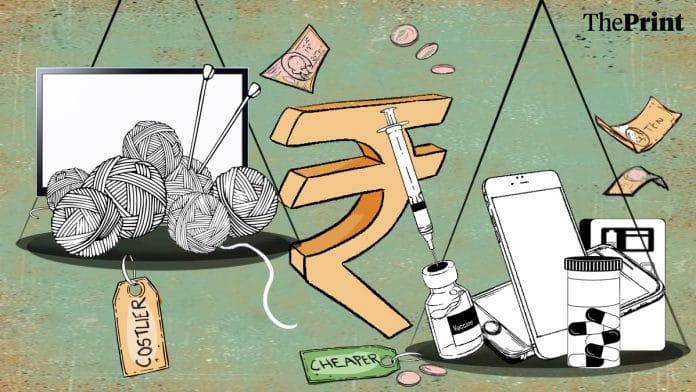New Delhi: In her eighth consecutive Budget, Finance Minister Nirmala Sitharaman introduced extensive customs duty reforms designed to bolster domestic manufacturing, promote exports, and reduce dependence on imports. The Union Budget 2025-26 features a range of duty exemptions and reductions across vital sectors, along with some increases aimed at fostering local production.
The pharmaceutical industry received significant support, with 36 essential medicines now completely exempt from Basic Customs Duty (BCD), and an additional six medicines subject to a reduced five percent duty. These exemptions also apply to bulk drugs used in their production. Furthermore, to ensure access to critical materials for local industries, cobalt powder, lithium-ion battery scrap, lead, zinc, and 12 other minerals are now fully exempt from BCD.
The budget from the previous year had already led to a decrease in prices for mobile phones, gold, silver, and copper.
To stimulate the production of electric vehicle (EV) and mobile phone batteries, 35 capital goods for EV batteries and 28 for mobile phone batteries have been added to the duty-free category.
To enhance export activities, the export timeframe for handicrafts has been extended from six months to a year, with the possibility of an additional three-month extension. Nine new items have been included in the duty-free input list. The leather industry will also gain from a BCD exemption.
In order to boost maritime activities in the country, the government has decided to exempt shipbuilding raw materials from BCD for an additional 10 years.
In a bid to promote the ‘Make in India’ initiative, the BCD on interactive flat panel displays (IFPDs) has been increased from 10 percent to 20 percent, while open cells for LCD/LED TVs are now completely duty-free.
The finance minister also announced a change in BCD on certain knitted fabrics (covered under nine specific tariff lines). Earlier, the duty was either 10 percent or 20 percent depending on the type of fabric. Now, the duty will be “20 percent or Rs 115 per kg, whichever is higher”, Sitharaman said in her speech. This ensures that cheaper fabrics still attract a reasonable customs duty, preventing under-invoicing and protecting domestic textile manufacturers.
(Edited by Radifah Kabir)
Also Read: Modi 3.0 gives giant relief to middle class—no tax on income up to Rs 12 lakh






